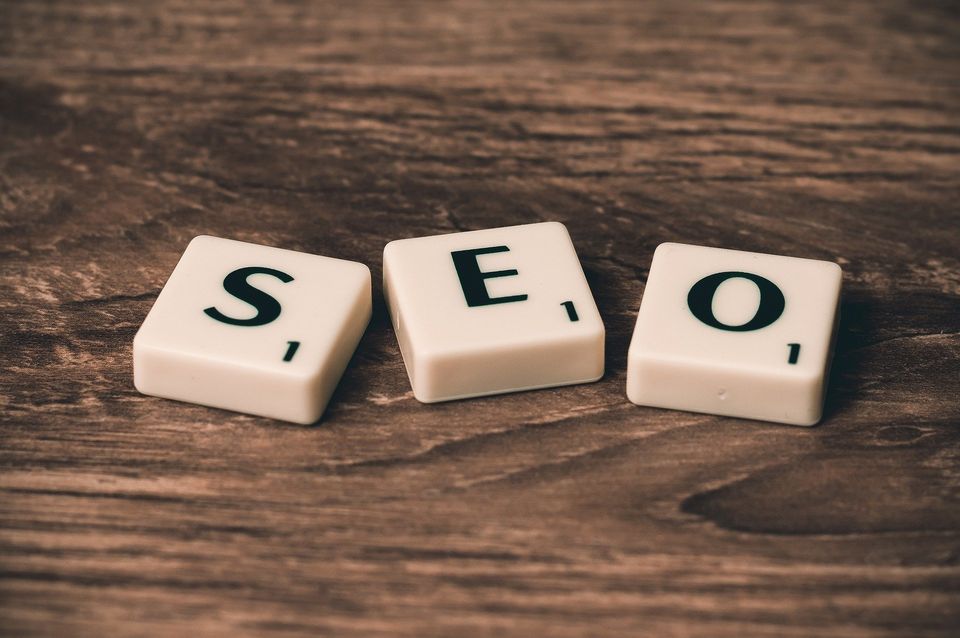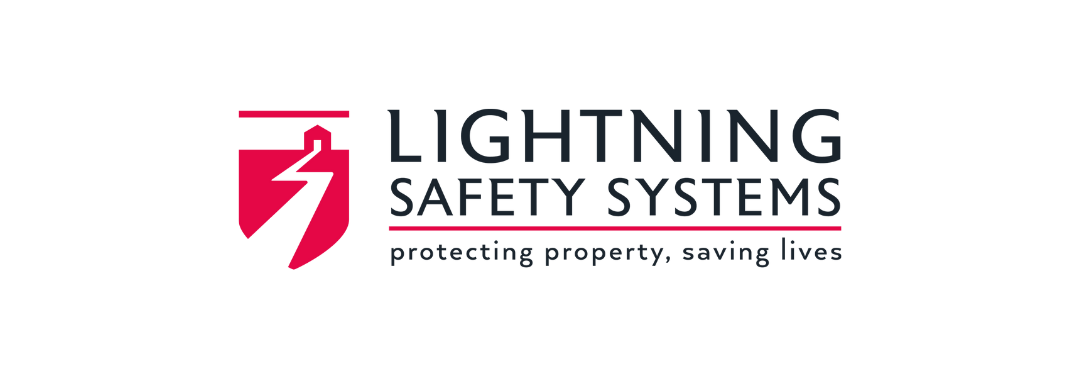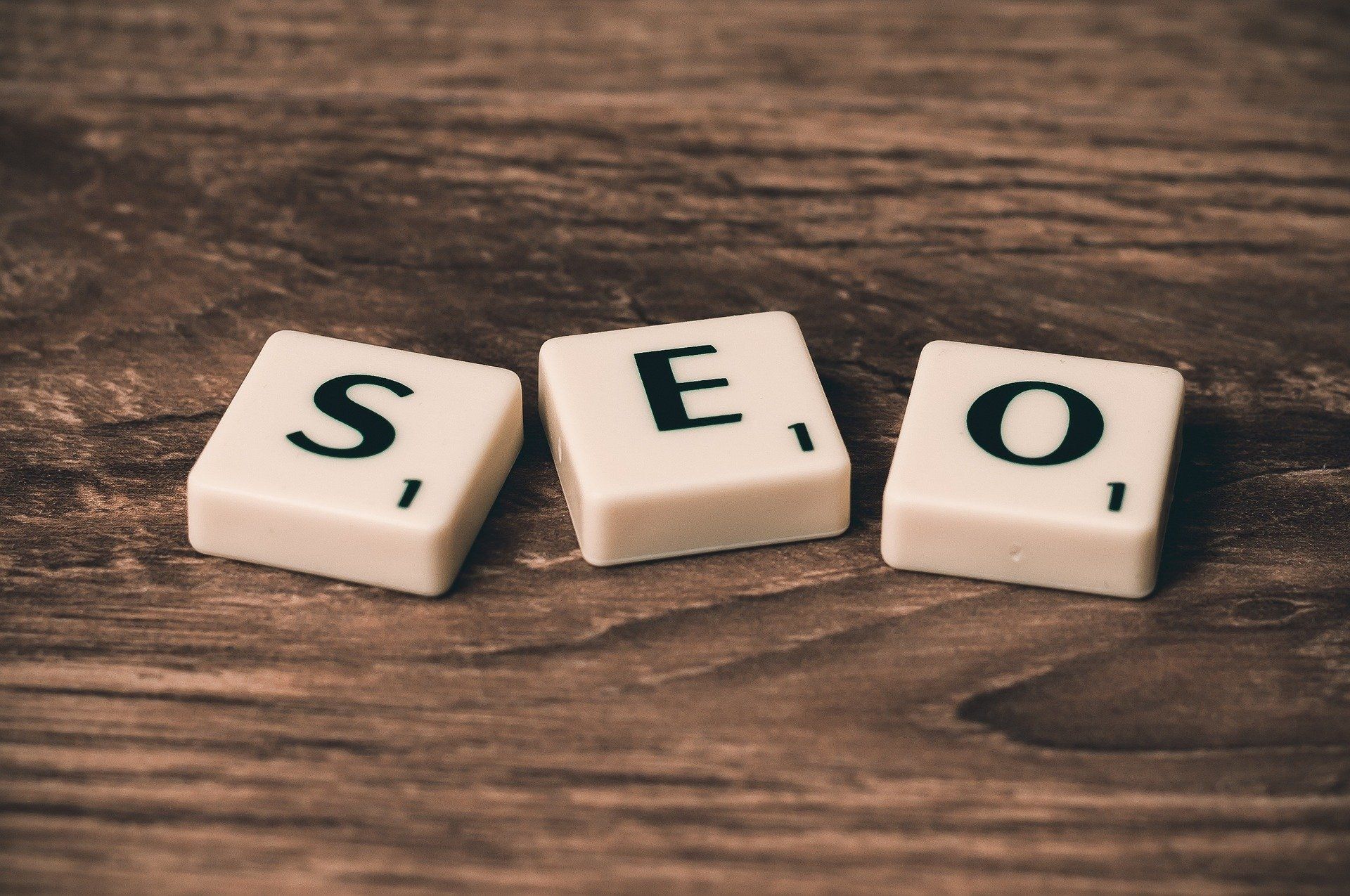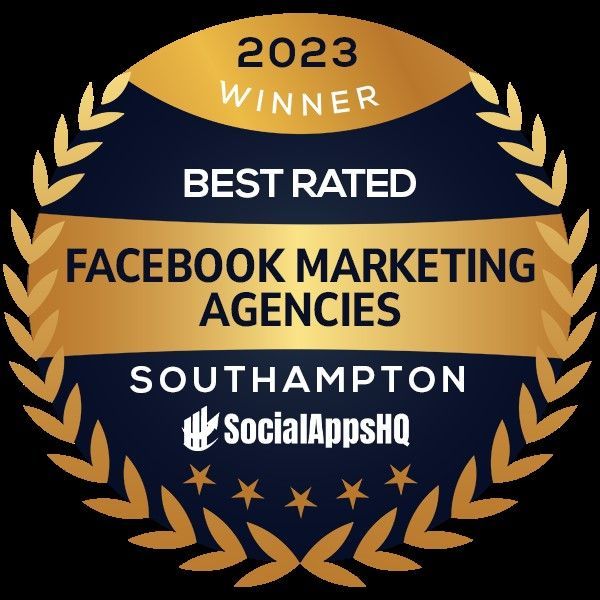Understanding SEO...and why it is so important
Lizz Clarke • 28 August 2020
Increase traffic to your website organically as well as using paid Ads

SEO
stands for ‘Search Engine Optimisation’. In simple terms, this means using methods to ensure your website
is found when people are searching for companies like yours. It includes:
- making sure the content of the pages on your website is what the search engines, such as Google and Bing are looking for
- making sure search engines see your site as being valuable, such as having other valued sites linking back to your site
When search engines such as Google understand who you are and what you are offering, they can match your website to the words and phrases that your target audience
is searching for. It is not ‘potluck’ as to whether your website appears in the top-ranking results, it is in fact the wonders of SEO that increase the visibility
and ranking of your site.
So, why is SEO so important?
1. SEO increases traffic
Search Engine Optimisation (SEO) is as much about search engines as it is about people and understanding the words and phrases that your target audience is searching for online. SEO is still the best way to improve your visibility online, and reach customers that are actively seeking information and services that you provide.
When search engine results are optimised it improves your ranking and in turn boosts the number of people visiting and clicking links on your website. This is in itself a virtuous circle; the more people visit your site, the more valuable a search engine will rank it, and so on. This leads us nicely into our next point…
2. Higher conversion rate
It goes without saying that if you are reaching your target audience organically and they are coming to you for the solution to their problem, the conversion rate
from clicking on your website to generating sales
has a greater chance of being higher. You are providing the service and products that your audience needs and you are right there with the answers to their problems. It is, of course important that your site makes it very easy for people to find what they want; if they don’t, they will click off, and this will, over time, probably have an adverse effect on your site’s rankings.
3. An inbound marketing strategy
SEO is a much more comfortable way of generating leads and sales in comparison to the traditional outbound marketing we are all familiar with. Inbound marketing strategy with SEO
centres all around making it easy for your audience to find you when they want to. It is much less aggressive, sits there quietly in the background and compared to Pay Per Click (PPC), it’s free! When your target audience is ready, your website will appear like a knight in shining armour ready to save them from their quandary. Telemarketing is still a very valuable form of marketing, and should not be discounted, but with good SEO you have an additional source of leads who are more likely to be ready to buy.
4. Structure and content
SEO links with many other fundamental aspects of your website
and helps to organise and structure your website so that the user experience
is straight forward and your website easy to navigate and interact with.
SEO also links in with providing and putting out great content
as without it, search engines simply will not deem your website worthy of appearing up there with the best of them.
You need SEO
as without it, your website will be so far down in search engines it may as well have disappeared into the ether, and all your marketing
and branding
efforts will land at the door of a competitor’s website whose website is search engine optimised.
Once SEO is up, running and in full working order it will continue to pay dividends for you for many years to come.
How can LCM help you?
We have SEO experts on our team, who work day in, day out to ensure our clients’ onsite SEO, offsite SEO and local SEO is the best it can be (as well as LCM’s site, of course, you may have found us because we are pretty well optimised). We analyse, we research, we understand and most importantly we know how to provide results and boost your website’s visibility.
Telephone 01489 891 870
or email info@lcm.co.uk
to have a chat with one of our friendly team and find out more.

All businesses want to optimise revenue. Your business strategy will identify ways of driving revenue; your marketing team will generate awareness and leads; your sales team looks at the most effective ways of converting leads to sales, and then your customer service helps to keep customers buying.
Another key factor to consider is your brand.

If someone you trusted said to you, “I think we should rebrand”, what would be your first thought? Maybe panic, fear and an overwhelming feeling of not knowing where to even begin? You are not alone. A rebrand can seem like a mammoth task and one that you may think you just don’t have the time for, but you might be missing a trick.

From a young age we grow up immersed at Christmas in a fairy tale world of elves, reindeers and sleighs, and the ubiquitous image of a man in a red suit squeezing himself down our chimneys. As adults we still get excited about the magic of Christmas, the hope it brings and the joy of being a part of something magical.











